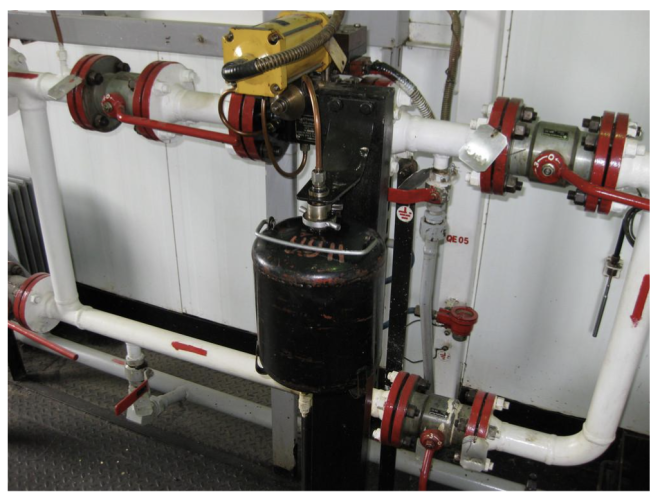- Change theme
Maximizing Home Heating Efficiency: Lifespan, Fuel Costs, and Smarter Energy Choices

In today's fast-evolving energy landscape, maximizing home heating efficiency stands out as a crucial goal for homeowners.
01:57 29 May 2025
In today's fast-evolving energy landscape, maximizing home heating efficiency stands out as a crucial goal for homeowners. Ensuring your heating system operates at peak efficiency not only saves money but also contributes to a more sustainable lifestyle. With numerous heating options available, it's essential to understand their lifespans, fuel costs, and how to make smarter energy choices. According to Insider, with regular maintenance, most HVAC systems can effectively serve a home for up to two decades. This article will delve into various aspects of heating systems, providing insights and tips to help homeowners make informed decisions.
Understanding HVAC System Lifespan
The lifespan of an HVAC system is a fundamental consideration for homeowners aiming to optimize their heating efficiency. Properly maintained systems can last up to 20 years, according to Insider, but this requires regular inspections and timely repairs. Routine maintenance ensures that the system functions efficiently, preventing energy wastage and costly breakdowns. Reducing wear and tear on your system also means that you're more likely to enjoy consistent heating performance throughout the colder months. Understanding these factors can help homeowners better plan for system replacements and budget effectively.
Different heating systems have varying expected lifespans, influenced by factors such as brand, usage, and maintenance. For example, a furnace might last 15 to 20 years, while a boiler could potentially serve a home for even longer. These systems require attention to detail in their upkeep, and it's helpful to work with professional technicians for annual checkups. Homeowners should be proactive in learning about their specific system's requirements to make informed decisions about repairs and replacements. By ensuring systems are in optimal condition, homes are more likely to experience consistent heat, thus contributing to overall efficiency.
Evaluating Fuel Costs
Fuel costs are a critical factor influencing home heating efficiency, directly affecting a household's energy bills. For homeowners in colder regions, such as the Northeast, heating oil remains a popular choice, though its usage can be substantial during the winter months. According to the U.S. Energy Information Administration, a typical home may need 850 to 1,200 gallons of heating oil each year. This can represent a significant expenditure, making it essential for homeowners to explore alternative energy sources or supplementary systems to alleviate costs. Efficiency improvements in the system itself can also contribute to lowering fuel consumption.
Propane, as an alternative fuel choice, offers substantial savings with respect to operating costs. The Iowa Propane Education & Research Council notes that high-efficiency propane water heating units can be up to 30% cheaper to run compared to their electric counterparts. This highlights the potential benefits of switching to or incorporating propane in home heating strategies. By embracing propane, homeowners can not only cut energy costs but also reduce their carbon footprint, aligning with modern environmental goals. Every dollar saved on operating costs can then be reinvested in further efficiency upgrades or other home improvements.
Making Smarter Energy Choices
Making smarter energy choices is pivotal for maximizing home heating efficiency and reducing environmental impact. Transitioning to high-efficiency systems or integrating smart technology can lead to substantial energy savings. Upgrades such as programmable thermostats can provide better control over heating schedules, ensuring energy is used only when needed. By incorporating smarter technology, homeowners can achieve more precise heating regulation, ultimately cutting down on waste and costs. The convenience and precision offered by these systems empower homeowners to be energy-conscious, without compromising comfort.
Another aspect of smarter energy decisions involves enhancing home insulation, which plays a key role in regulating indoor temperatures. Properly insulated homes retain heat better, reducing the workload on heating systems and lowering fuel consumption. Simple upgrades, such as sealing drafts and installing energy-efficient windows, can make a significant difference. These measures ensure that the cozy warmth stays inside the home, enhancing the effectiveness of your heating system. Moreover, investing in solar panels can be an eco-friendly addition that further lowers dependency on conventional energy sources.
